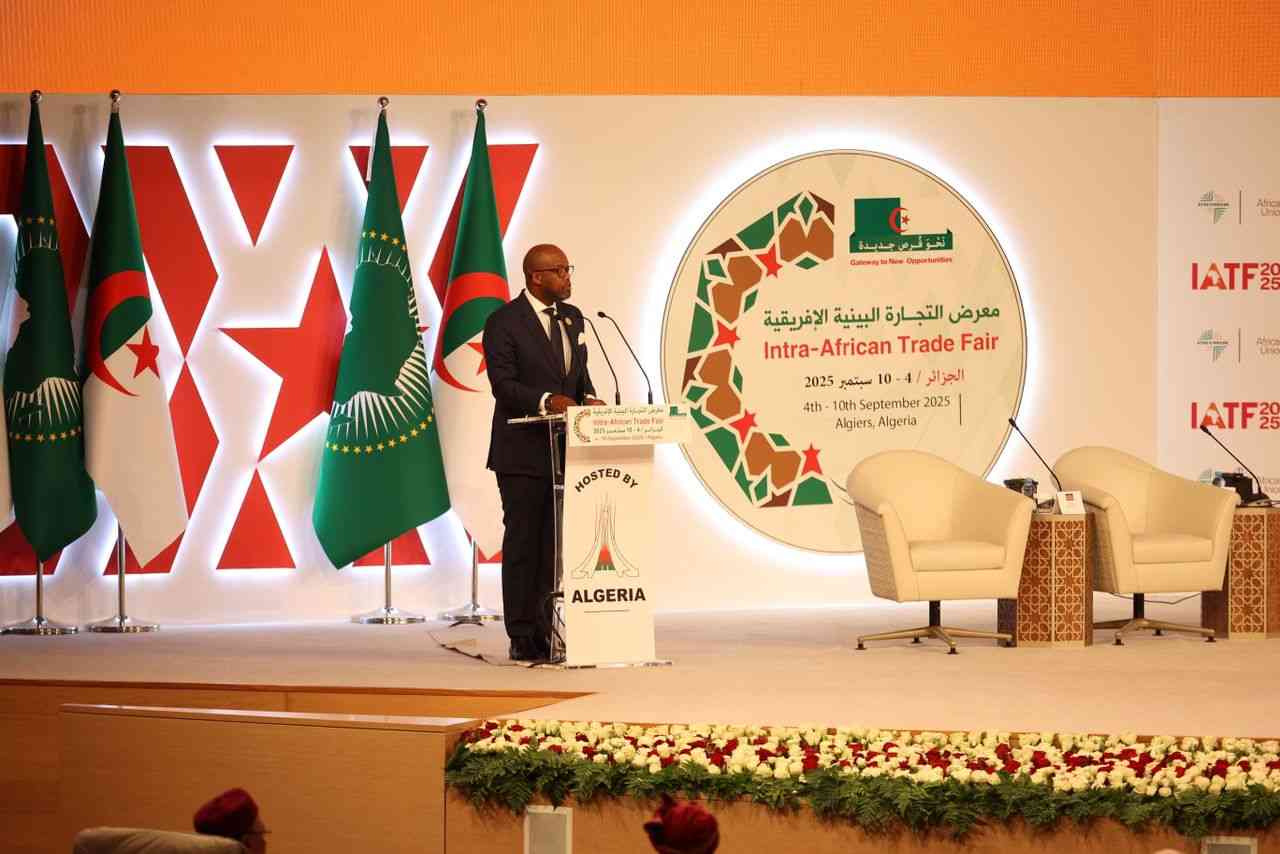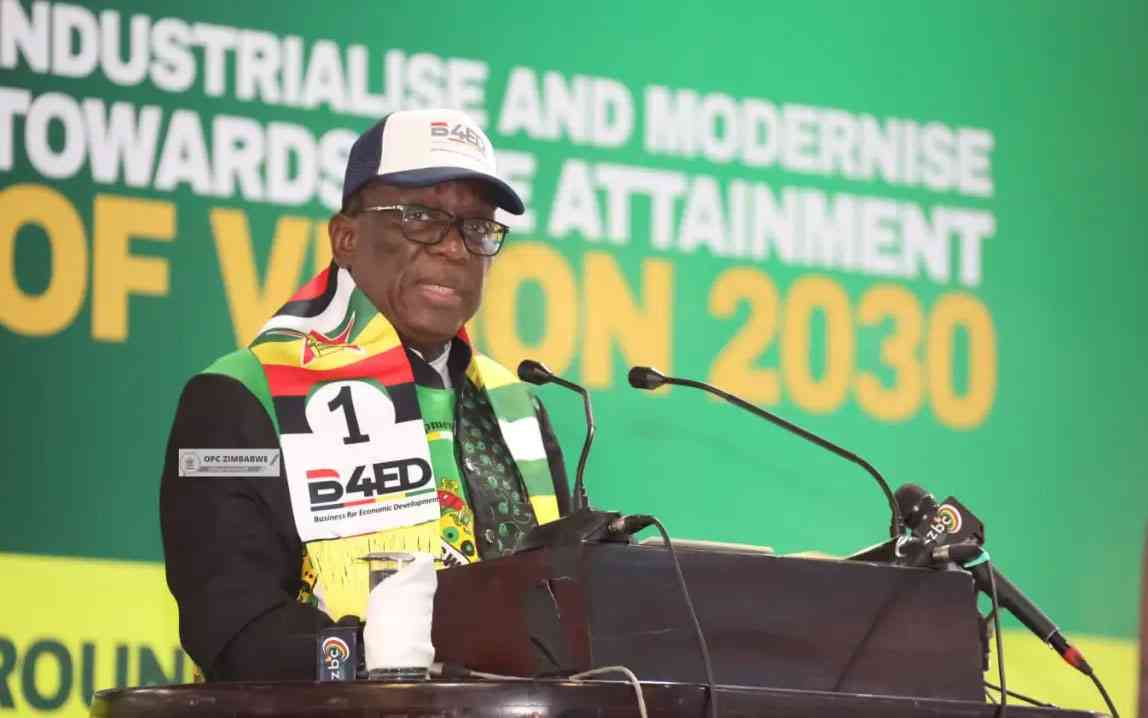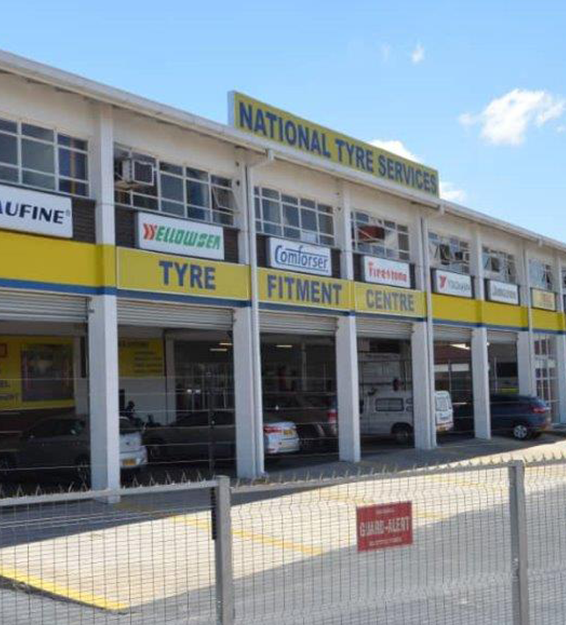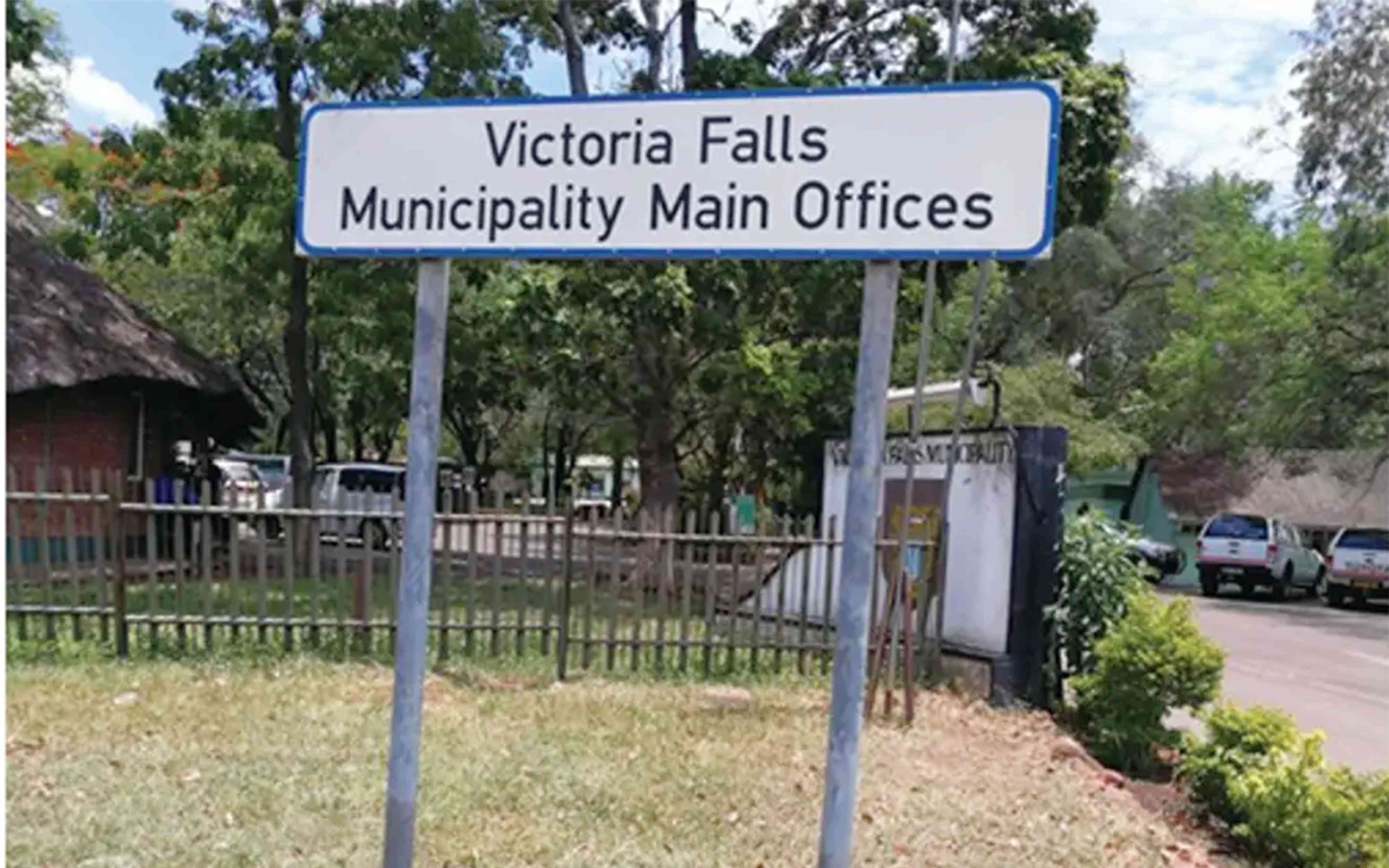
THE African Continental Free Trade Area (AfCFTA) Secretariat has identified inadequate air connectivity as a major barrier to trade, noting that many delegates had to transit through Europe to reach the fourth edition of the Intra-African Trade Fair (IATF2025) in Algeria.
The body called for an accelerated implementation of the Single African Air Transport Market to lower costs and bring economies closer together.
“Integration is not only about trade rules; it is also about connectivity,” AfCFTA Secretariat secretary-general Wamkele Mene said at the official opening of IATF2025 on Thursday.
“Too many delegates here today had to transit through Europe to reach Algiers. That must change. We must accelerate the implementation of the Single African Air Transport Market.
“Opening Africa’s skies will lower costs, expand passenger and cargo services, and bring our economies and our people closer together.
“At the same time, investment in trade corridors, logistics hubs, and digital infrastructure must remain a top priority so that our agreed rules translate into real opportunities on the ground.”
Mene said the AfCFTA is already delivering, with intra-African trade rebounding strongly in 2024 to reach US$220,3 billion—a 12,4% increase from 2023.
He noted that this recovery underscores growing confidence in Africa’s integration model under the AfCFTA.
- Chefs attempt to sneak to UN
- Challenges foreign airlines face to access blocked funds in Africa
- Zim’s AfCFTA opportunity
- The economic integration theme
Keep Reading
“Beyond the headline figures, the data shows a gradual shift in the continent’s trade composition,” he said.
“While primary commodities still dominate, there is clear growth in machinery, motor vehicles, food products, chemicals, and electronics.
“This shift signals our continent’s transition from raw commodity dependency toward industrial diversification—a shift that will only be sustained by stronger logistics and manufacturing value chains.”
Mene said that through the adoption of the eight protocols and operating instruments such as rules of origin, the e-Certificate of Origin, the Pan-African Payment and Settlement System, the Private Sector Engagement Strategy, and the AfCFTA Adjustment Fund, they are laying the foundations for a single continental market.
The Digital Trade Protocol, in particular, opens new avenues for e-commerce, fintech, and ICT-enabled services, he noted.
“If harnessed fully, it can generate millions of jobs for Africa’s young people and ensure that the continent is not left behind in the global digital economy,” Mene said.
“But as we celebrate progress, we must also look ahead.”
He said African leaders must ensure that no country and no firm is left behind.
“That is why the AfCFTA Adjustment Fund is so vital. Designed to cushion short-term revenue losses and help our private sector adapt, it will provide the support that makes this integration inclusive,” he said.
“I am pleased to note that this Fund will be officially launched here at IATF2025 in Algiers—a strong signal that integration is not only about ambition, but also about solidarity and practical support for those who need it most.”
He said Africa must mobilise more of its own resources, noting that domestic investors and the African diaspora represent powerful engines of growth.
“If we channel diaspora remittances and capital into priority value chains—from agro-processing and automotive to pharmaceuticals and digital industries—we can create the investment momentum that transforms economies from within,” he said.
He also stated that Africa’s transformation must be green. By embedding green industrialisation into value chains today, Africa can ensure its growth story is also a sustainability story, Mene said.
“Through our collective efforts here, let us send a clear message to the world: Africa’s market is open for business, our future is in our own hands, and the AfCFTA is the vehicle that will drive us toward a new era of inclusive, sustainable prosperity.”











